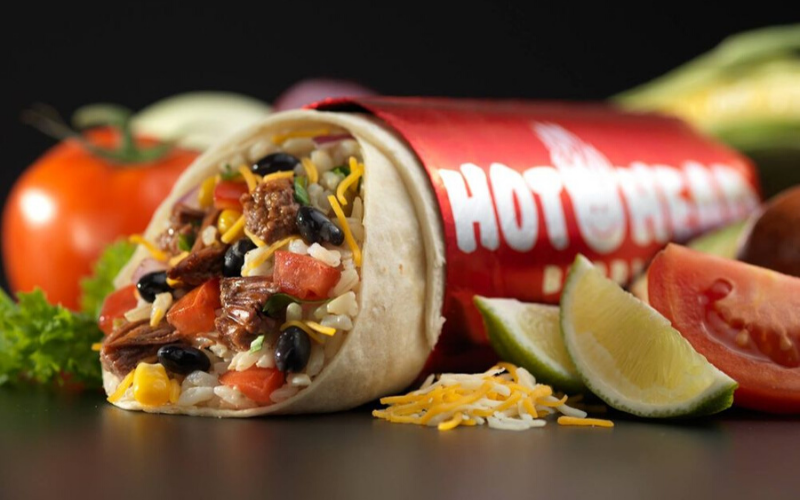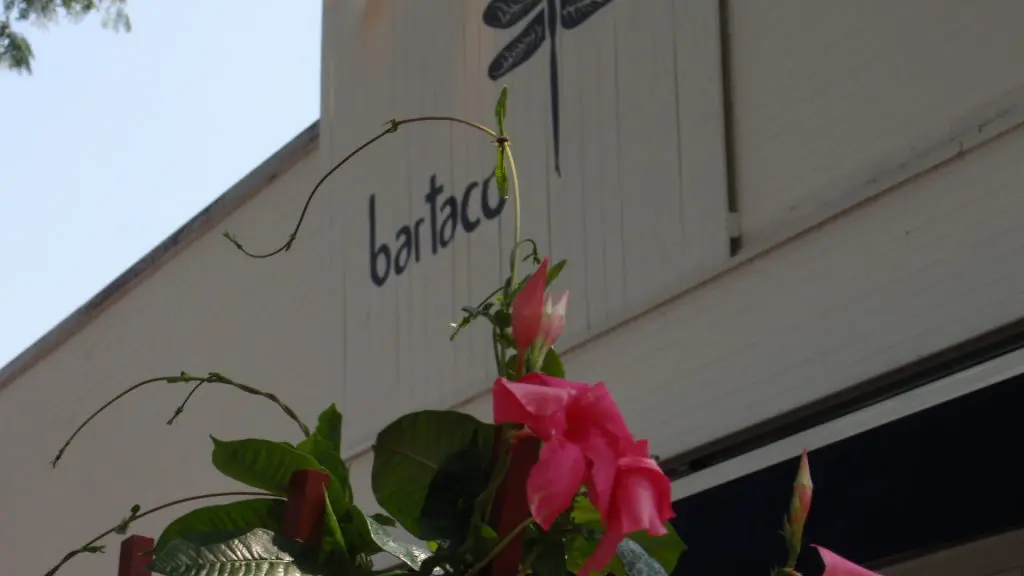The Unconventional Path to Building Ambl
Ever quit a stable job to build an app for restaurant lovers? That’s exactly what Aaron Solomon did. After leaving school at 18, Aaron plunged straight into the world of finance, bypassing college altogether. Unlike many, who might seek further education or travel after high school, Aaron was driven by a simple motivation: to earn a living and gain financial security. He worked relentlessly, starting with handing out CVs in London and gradually climbing the ranks over nine years to earn a substantial salary. Despite his financial success, Aaron felt unfulfilled and knew that the corporate path wasn’t for him. His entrepreneurial spirit eventually won out. After nine years in finance, armed with determination and a novel idea, Aaron quit his secure job to launch Ambl, an innovative platform aiming to revolutionize restaurant bookings.
Identifying Real Pain Points in Restaurant Booking
The idea for Ambl was born from Aaron’s personal frustration with the fragmented and outdated restaurant booking experience. Post-pandemic life meant people were eager to dine out again, but securing a table, especially for larger groups, was often a tedious and time-consuming process. Aaron’s boss once asked him to find a table for six people, and this sparked the vision. Traditional booking platforms felt clunky and unfair, often promoting restaurants based on who paid for placement rather than availability or quality. The process was full of broken links, unanswered calls, and conflicting information. Aaron envisioned an app where users could simply state their needs, and like an Uber for restaurants, the information would ping out to venues with real-time availability. This wasn’t just solving a consumer problem—through direct conversations with restaurant managers, Aaron discovered no-shows, cancellations, and management of unfilled tables were even bigger issues for the hospitality industry.
Building the Early MVP with a Lean Approach
Coming from a finance background, Aaron wasn’t a technical founder. His co-founder’s experience as a tech recruiter helped bridge that gap, but they still faced typical startup challenges. The team focused on building a barebones prototype to effectively communicate their vision rather than a perfect product. This approach allowed them to start conversations with potential customers and gather real-world feedback. For about three months, Aaron hit the streets of London, pitching to restaurants door-to-door, often exhausted from late nights and early mornings. They managed to sign up around 200 restaurants during this period, which gave the validation needed to raise initial funding from friends and family. This seed capital enabled them to quit their jobs and commit full time to Ambl, marking the official start of their journey.
Launching Ambl and Navigating Early Challenges
Ambl launched with about 30 restaurants on the platform, focusing initially on last-minute bookings due to the absence of deep system integrations. This approach was a deliberate way to test the market on a manageable scale before scaling up. However, the launch was far from smooth—restaurants quickly realized users were sending multiple booking requests simultaneously and then canceling or no-showing. This “ping” phenomenon frustrated venues, compelling the Ambl team to quickly refine the experience. Aaron emphasizes that the real challenge starts only after launching; surviving the initial operational hurdles requires perseverance and constant iteration. The early days involved a continuous feedback loop between users, restaurants, and the team, evolving the product with each challenge they faced.
Leveraging Integrations and Crafting a Go-To-Market Strategy
One major hurdle was integrating seamlessly with the myriad of restaurant reservation systems used across venues such as Toast, Resy, and many others. Aaron’s strategy was to start lean, focusing on integrations that mattered most to their early customers. While many startups dream of building complex tech upfront, Ambl prioritized delivering a user-friendly experience that worked well with existing systems. This helped ease adoption from restaurants reluctant to change. Aaron describes their sales approach as simple but persistent: good old-fashioned door-to-door sales combined with an unwavering belief in their value proposition. The pitch remained consistent over the years, refined with experience but focused on demonstrating how Ambl could make venues more visible without disrupting their existing workflows. Transparency about challenges and ambitions played a key role in building trust with both early users and venue partners.
Balancing User Acquisition and Venue Retention
In any marketplace business, there is always a chicken-and-egg problem: venues want users but won’t commit without demand, and users won’t stay if venue selection is poor. Aaron found that acquiring users was relatively simple, but retention posed a bigger challenge, especially when the venue offering was incomplete. Conversely, onboarding venues was tougher because of the multiple stakeholders involved, but once venues signed up, retention was higher due to the ongoing dialogue and relationship management that Ambl maintained. Aaron acknowledges that coming from outside hospitality made initial sales more daunting, but he offset this by immersing himself fully, learning from hundreds of venues and industry contacts, and leveraging advisors within the restaurant world to bolster credibility. This openness to learn and adapt proved vital to Ambl’s early success.
Innovating to Combat No-Shows and Cancellation Culture
One of the standout features that Ambl introduced was the implementation of behavioral incentives to reduce no-shows and cancellations, a widespread problem in hospitality. For example, the platform does not allow users to block-book (booking the same time at multiple places) which encourages commitment. Customers who repeatedly no-show or cancel without valid reasons are suspended and asked for explanation, emphasizing behavioral accountability. Also, Ambl shares customer reputations across different venues—if someone is a valued regular at one restaurant, others can view this, encouraging better treatment for loyal diners and rewarding positive behavior. Aaron stresses that if customers consistently showed up on time, many of the current credit card guarantee practices and penalties could be eliminated, offering a fairer system for everyone.
Expanding Globally: Lessons from London to Dubai
After proving the concept in London, Aaron took Ambl to Dubai, a dynamic and rapidly growing hospitality market. Business cultures differ greatly between these cities, and Aaron highlights how Dubai’s fast pace and entrepreneurial spirit offer new opportunities but require getting everything right before scaling. Launching in Dubai involved intense networking, cold calling, and immersing himself in a completely new environment, all while managing a team remotely back in the UK. The Dubai expansion has already onboarded 22 top-tier restaurants and clubs, illustrating Ambl’s adaptability across global markets. Future growth plans include replicating this model in other major cities but with a focus on building integrations and partnerships remotely rather than establishing full local teams. Aaron recognizes that behavioral change is the biggest hurdle when entering new regions, adapting to different cultural expectations and technology usage patterns is essential for long-term adoption.
Crafting a Unique Brand Through Content and Marketing
Ambl’s differentiation is not just about technology but also about storytelling and content. Recognizing that photos, videos, and immersive content greatly influence users’ decisions, Ambl invests heavily in professionally showcasing venues. This helps smaller, family-run restaurants get noticed alongside big brands which often dominate placement on other platforms. The marketing team blends creative, non-scalable efforts like creating custom videos for venues, with scalable tech tools to amplify reach. The authentic and transparent nature of the team’s approach, sharing their hustle, challenges, and successes, creates a relatable brand presence that resonates with customers and partners alike. Unlike entrenched incumbents, Ambl presents itself as a fresh, people-powered company built on passion and connection, which garners strong community support.
Aaron Solomon’s journey from finance to tech founder demonstrates that with passion, relentless hustle, and a clear vision, it is possible to build a platform that transforms an industry. Ambl's story is a testament to the power of listening, adapting, and tackling real-world problems head-on, proving that startups don’t have to come from tech backgrounds to succeed. Today, Ambl continues to grow, combatting hospitality challenges and reshaping how people discover and book great dining experiences worldwide.







